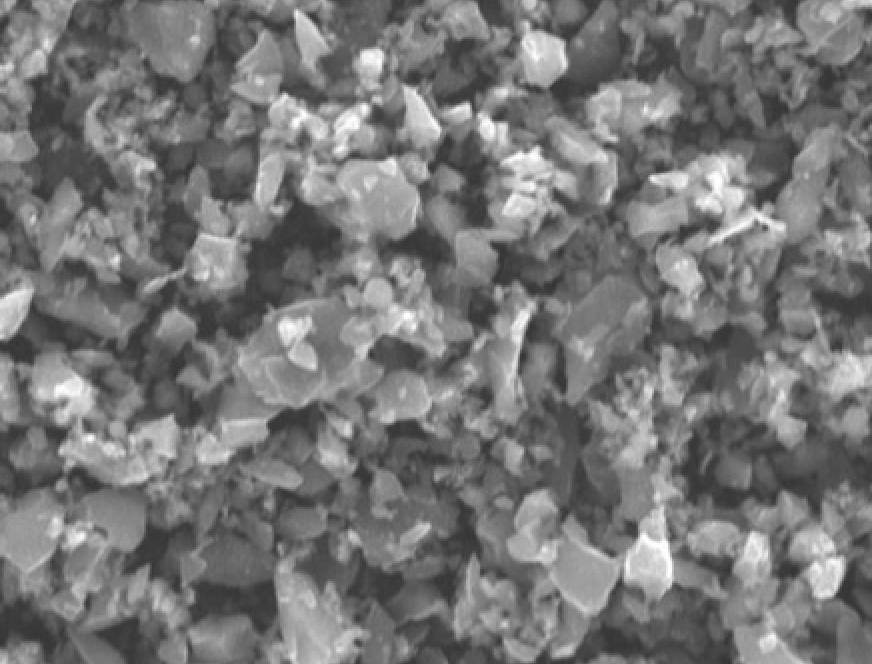Carbon-Based Conductive Pigments
T30-5N
CCM-5N
PC
These carbon-based conductive pigments, both micron-sized powders and nano-sized suspensions, are to be used for the production of a variety of conductive inks, paints, and pastes from proprietary carbon-based feedstocks. Industry standard, expensive base materials, such as silver are at least 50% more expensive than these products. These costly base materials are replaced with our electrically conductive product materials that will reduce cost, weight, and curing times.
Minus 100’s conductive products can be included in, but not limited to:
Electronic Circuits
Heating Elements
Radio Frequency Identification (RFID) tags
Photovoltaic Components
Electronic Displays
Keyboards
Lighting
Household appliances
Enhancement of electrical, thermal, and optical properties of final printed material
Conductive Pigments for inks, paints, and pastes.
Carbon allotropes, specifically treated for increasing electrical conductivity of coatings, may play an important role in offering an alternative to the use of metallic particles and carbon-black. These new conductive carbon allotropes will provide an economic option both in cost and overall weight where these concerns are mission critical.
potential end use applications:
-
Resistors and potentiometers
Transistors and diodes Integrated circuits
Printed memory devices
Electromagnetic components (inductors, transformers, etc.)
Printed antennas
Flexible printed electronics
Wearable electronics components
Printed sensors for various applications (humidity, strain, pH, etc.)
RFID antennas and tags for tracking identification
-
Ultracapacitors
Batteries for electric vehicles
Battery electrodes for improved performance and conductivity
Energy storage systems for renewable energy applications
Power transmission and distribution applications
-
Packaging materials (bags, films, bubble wrap, etc.)
Clothing and fabrics for static control in sensitive environments
Electronics manufacturing (ESD protection, cleanroom environments)
Explosive and hazardous environments (chemical plants, mining operations, etc.)
Medical and healthcare environments (operating rooms, laboratories, etc.
-
Communication equipment (mobile phones, tablets, laptops, etc.)
Data centers and server rooms
Aerospace and aviation electronics
Military and defense applications (radars, communication systems, etc.)
Industrial machinery and equipment
Automotive electronics and components
-
Functional prototypes with embedded electronics
Wearable devices and accessories
Customized electronic components and housings
Circuitry for Internet of Things (IoT) applications
Flexible electronics and sensors
Electrical connectors and interconnects
-
Printed circuit board (PCB) manufacturing
Touch-sensitive controls and buttons
Printed heaters and heating elements
Smart packaging with interactive features
Biosensors and medical diagnostic devices
Automotive interior and dashboard controls
-
Bonding electronic components (surface mount devices, connectors, etc.)
Repairing circuit traces on PCBs EMI shielding gaskets and seals
Grounding solutions for electronics
Conductive tapes for electrical connections and grounding
-
Electric vehicle components and systems
Sensors and actuators in automotive applications
Conductive coatings for electromagnetic compatibility (EMC)
Interior lighting and display systems
Electric charging infrastructure
-
Smartwatches and fitness trackers
Smart clothing for monitoring health and biometrics
Textile-based sensors for sports and fitness applications
Flexible circuits in garments and accessories
Biomedical monitoring devices (ECG, EEG, etc.)
-
Electrodes for medical diagnostics (EEG, ECG, EMG, etc.)
Implantable devices with electrical connectivity
Neurostimulation and neuromodulation systems
Drug delivery systems with electronic controls
Wearable medical devices for remote monitoring
-
Satellite components and communication systems
Avionics and aircraft electronics
Radar-absorbing materials (stealth technology)
Conductive coatings for static dissipation on aircraft surfaces
Military equipment and electronic systems
-
Touchscreens and displays for smartphones, tablets, and laptops
Printed circuits and conductive traces in televisions and monitors
Conductive coatings for electromagnetic interference (EMI) reduction in electronics
Membrane switches and touch-sensitive controls in appliances
Printed heaters in appliances such as coffee makers, hair dryers, and irons
Printed antennas for wireless communication devices
Printed sensors for home automation systems, such as motion sensors and temperature sensors
Printed circuitry in gaming consoles and controllers for enhanced connectivity and functionality
Wearable devices for fitness tracking and health monitoring, such as smartwatches and fitness bands
Electronic components in audio equipment, including speakers, headphones, and microphones
Volume Resistivity
Tube Resistivity at 200 PSI
Conductive Ink Wall Heater Concept
Conductive Ink Under-floor Heating Concept







